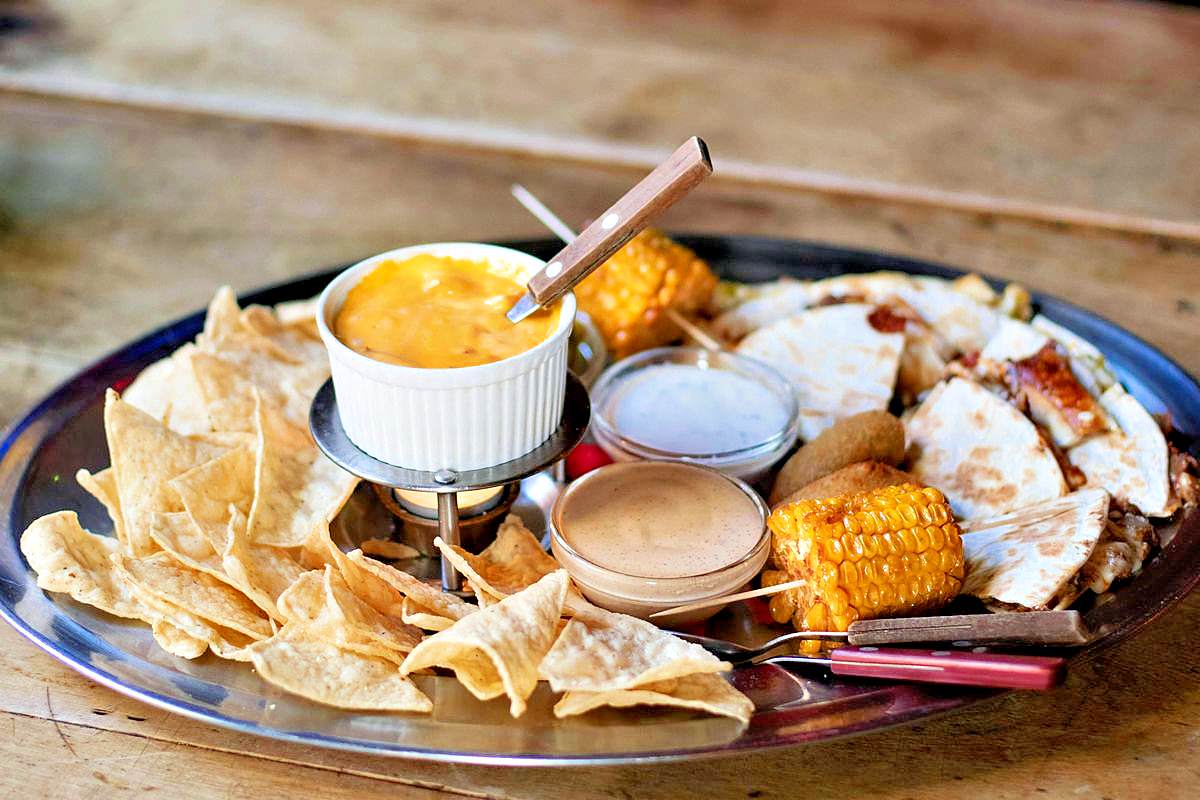In our fast-paced world, convenience often takes precedence over nutrition. Supermarket shelves are stocked with an abundance of packaged, ready-to-eat foods that promise convenience and affordability. However, the rise of ultra-processed foods has come with a hidden cost to our health. 🚨
These highly manipulated products, laden with additives, preservatives, and artificial ingredients, have infiltrated our diets in ways we may not even realize. While they offer a quick fix for our busy lifelines, mounting evidence suggests that their overconsumption could be fueling a silent crisis. 💣
What Are Ultra-Processed Foods? 🍔🍕🍩
Ultra-processed foods are products that have undergone extensive industrial processing, often containing numerous artificial ingredients and lacking in whole, natural components. These foods bear little resemblance to their original plant or animal sources, having been subjected to various processes such as extrusion, molding, and prefrication. 🏭
Examples of ultra-processed foods include:
- Soft drinks 🥤
- Chips and crackers 🥨
- Frozen meals 🍲
- Processed meats (e.g., hot dogs, sausages) 🌭
- Candy and sweets 🍫
- Instant noodles 🍜
- Sweetened breakfast cereals 🥣
While some degree of processing is necessary for certain foods, the concern lies with the excessive manipulation and addition of artificial ingredients found in ultra-processed products. 🧪
The Health Risks of Ultra-Processed Foods 🚑
As research continues to shed light on the impact of ultra-processed foods, the evidence is becoming increasingly concerning. Here are some of the potential health risks associated with their overconsumption:
- Increased Risk of Obesity and Weight Gain : Ultra-processed foods are often highly palatable, energy-dense, and lacking in fiber and nutrients that promote satiety. This combination can lead to overeating and weight gain over time. 🍽️🍕➕🍔➕🍩 = 🤰
- Cardiovascular Disease 🫀: Several studies have linked the consumption of ultra-processed foods with an increased risk of heart disease, potentially due to their high levels of unhealthy fats, sodium, and additives that contribute to inflammation and oxidative stress.
- Type 2 Diabetes 🍭➕🥤 = 🚽: The high glycemic load and lack of fiber in ultra-processed foods can lead to rapid spikes in blood sugar levels, increasing the risk of insulin resistance and type 2 diabetes.
- Cancer ☣️: Some additives and byproducts formed during the processing of ultra-processed foods, such as acrylamide and heterocyclic amines, have been associated with an increased risk of certain cancers.
- Gut Health Issues 🤢: The lack of fiber, prebiotics, and beneficial nutrients in ultra-processed foods can disrupt the delicate balance of gut bacteria, potentially leading to digestive issues and inflammation.
- Nutrient Deficiencies 🍎➖🥕➖🥦 = 💀: Ultra-processed foods are often devoid of essential vitamins, minerals, and other beneficial compounds found in whole, unprocessed foods, increasing the risk of nutrient deficiencies.
The Displacement Effect 🍔 > 🥦
One of the most concerning aspects of ultra-processed food consumption is the “displacement effect.” As we fill up on these empty calories, we tend to crowd out nutrient-dense whole foods from our diets. 🍕🌮🍔 ➡️ 🥗🥑🍎 ⬇️
This displacement can lead to a significant reduction in the intake of essential nutrients, fiber, and beneficial plant compounds that are crucial for overall health and well-being. 💪➡️🤢
Moreover, the addictive nature of ultra-processed foods, fueled by their carefully engineered flavors, textures, and additives, can make it challenging to break the cycle of overconsumption. 🧠🔗🍭🍫
The Food Matrix Disruption 🔀
Another potential issue with ultra-processed foods lies in the disruption of the natural food matrix. When whole foods are subjected to extensive processing, their physical structure and chemical composition can be altered, potentially affecting how our bodies recognize and metabolize these foods. 🍅 ➡️ 🥫
This disruption may influence factors such as nutrient bioavailability, satiety signals, and the gut microbiome’s ability to interact with and break down these foods effectively. 🦠⚔️🍔
The Role of Additives and Preservatives ⚠️
Ultra-processed foods often contain a myriad of additives, preservatives, and artificial ingredients designed to enhance flavor, texture, and shelf life. While some of these substances are considered safe for consumption in small amounts, their long-term effects on human health are not fully understood. 🧪🤷♂️
Some additives, such as certain emulsifiers and artificial sweeteners, have been linked to potential disruptions in gut health, metabolic disturbances, and even behavioral changes in animal studies. 🐀🐭➡️🤢
Additionally, the “cocktail effect” – the potential synergistic effects of consuming multiple additives simultaneously – remains an area of concern that requires further investigation. 🍸🍷➕🍔➕🍕 = ❓
The Way Forward: Embracing Whole Foods 🌱
While the occasional indulgence in ultra-processed foods may be harmless, the long-term overconsumption of these products poses significant risks to our health and well-being. The solution lies in a shift towards a more whole-food-based diet, rich in nutrient-dense, minimally processed foods. 🥦🥑🍎🍌🥬
By prioritizing whole plant foods, lean proteins, and healthy fats, we can nourish our bodies with the essential nutrients they need while reducing our reliance on ultra-processed options. 💪🥗🍖🥥
Embracing a diet centered around whole, minimally processed foods can not only improve our physical health but also support our mental well-being, energy levels, and overall quality of life. 😊☀️
Final Thoughts 🌟
As we navigate the modern food landscape, it is crucial to be aware of the potential risks associated with the overconsumption of ultra-processed foods. While convenience and affordability are undeniably attractive, we must prioritize our long-term health and well-being. 💯
By making informed choices and embracing a diet rich in whole, nutrient-dense foods, we can take control of our dietary habits and pave the way for a healthier, more vibrant future. The path to better health starts with the choices we make on our plates. 🍽️💪
Copyright © 2025 Hea1th.net

